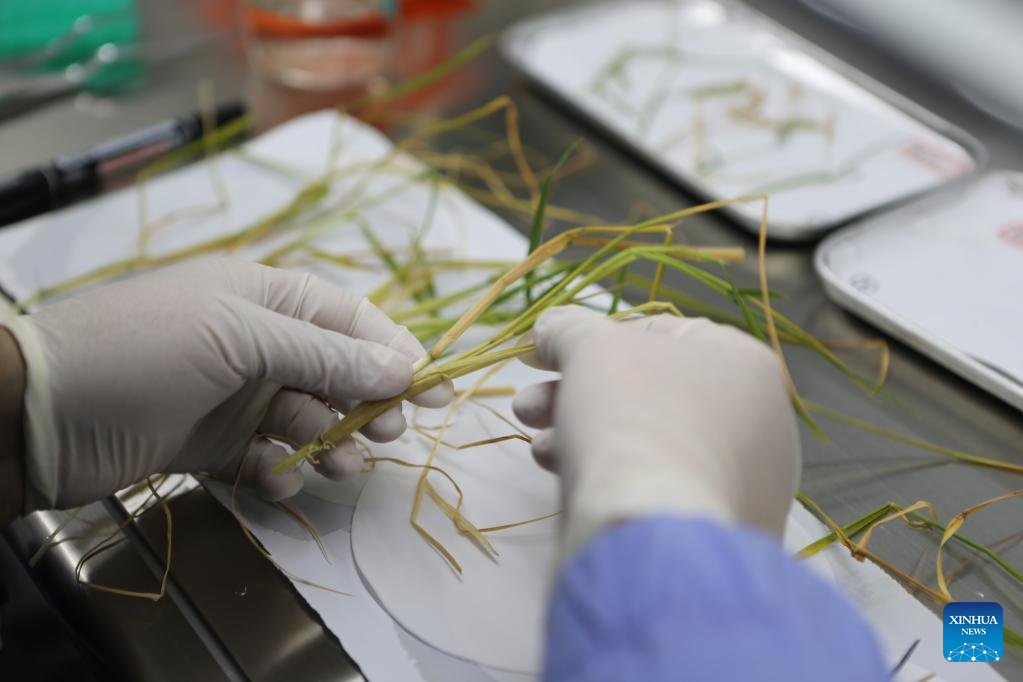Chinese scientists complete rice, Arabidopsis life-cycle experiments in space
 0 Comment(s)
0 Comment(s) Print
Print E-mail Xinhua, December 7, 2022
E-mail Xinhua, December 7, 2022

Chinese scientists have completed the life-cycle growth experiments of rice and Arabidopsis in the Chinese space station and successfully obtained their seeds, said the Chinese Academy of Sciences (CAS) on Monday.
With the safe landing of the Shenzhou-14 spaceship's return capsule at the Dongfeng landing site Sunday night, the seeds of rice and Arabidopsis, which have undergone a 120-day life cycle, were delivered to China's manned space program's space application system along with other samples.
According to the CAS website, previously, scientists worldwide have only managed to obtain the seeds of a few crops like Arabidopsis, rape, wheat, and peas in space, except for the major food crop -- rice.
The Chinese research team has completed the full life-cycle growth experiment of rice for the first time in the world. It has also systematically studied the effects of microgravity on flowering in space using the model plant Arabidopsis, the CAS said.
The experiments, undertaken by the Center for Excellence in Molecular Plant Sciences under the CAS, were conducted from July 29 to Nov. 25.
During this period, the astronauts collected the rice samples at the germination stage on Sept. 21, the Arabidopsis samples at the flowering stage on Oct. 12, and both samples at their seed maturity stage on Nov. 25. The samples were then stored in the cryogenic storage device.
According to the CAS, the samples will be transferred to the laboratory in Shanghai for further scientific testing and analysis.
Through analyzing images acquired from space, scientists have discovered the effects of space microgravity on a variety of agronomic traits of rice, including plant height, growth rate, water regulation, response to light, etc.






Go to Forum >>0 Comment(s)